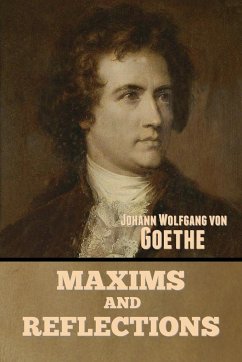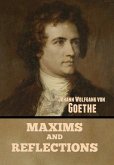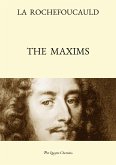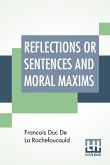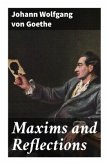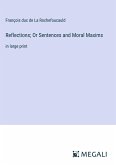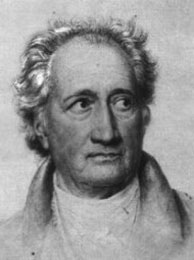A great book of 1413 maxims from various Goethe works and sketchings Some samplers: "Wisdom is to be found only in truth" "The smallest hair casts its shadow" "Hindus in the desert vow never to eat fish" "We all live on the past and perish by the past" "We very seldom satisfy ourselves; all the more consoling, therefore, to have satisfied others" "What is esoteric is damaging when it tries to be exoteric" "A thinking man's greatest happiness is to have fathomed what can be fathomed and to revere in silence what cannot be fathomed" Includes many which are fleshed out to encompass paragraphs of thought: art, science, philosophy, love. Goethe's renaissance man spirit is on show. (John Hughes)

